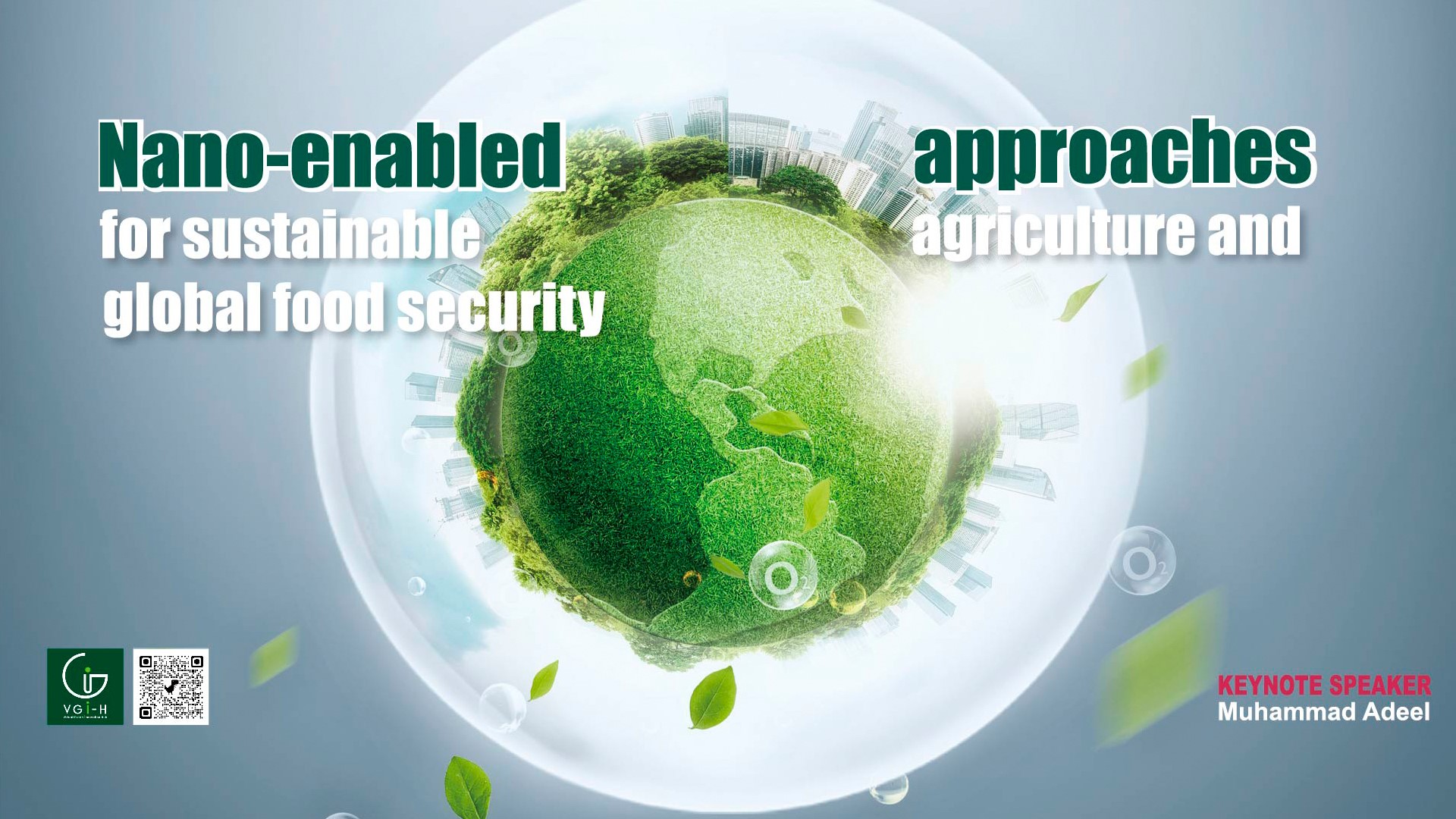Methane emissions have been increasing rapidly in recent years, contributing significantly to global warming. Despite this, methane is not adequately treated within existing national and international governance frameworks. Institute for Advanced Sustainability Studies (IASS) researchers highlight the urgent need for action in a new study published in Environmental Science & Policy.
Under the Paris Agreement, the effect of greenhouse gases, including methane, is expressed in terms of “CO2 equivalents,” a unit that reflects their warming effect over a period of 100 years. The researchers argue in the study that this approach both fails to adequately represent the climate impact of methane and neglects its impacts on human health and ecosystems.
“Governing methane based on assigning it a ‘CO2 equivalence’ means that only its climate impact on a 100-year timescale is robustly taken into account—including within carbon pricing schemes, for example. This neglects methane’s critically important role in near-term climate—over the course of the next 20 years—during which time methane’s warming impact is roughly 80 times greater than that of CO2. Methane’s short atmospheric lifetime means that efforts to reduce emissions can rapidly reduce atmospheric concentrations, and as a consequence, global warming,” says the study’s lead author, IASS research group leader Kathleen Mar. In addition, the Paris Agreement and other governance frameworks do not sufficiently consider methane’s contribution to air pollution.
Growing awareness among policymakers
Methane has both natural and anthropogenic sources, including wetlands, fossil fuels, agriculture, waste management, and fires. Alarmingly, methane emissions and concentrations have been increasing rapidly in recent years. One recent study concludes that this is due in roughly equal parts to emissions from fossil fuels and combined emissions from agriculture and waste management. However, some methane emissions data is perceived to be inaccurate: Onsite measurements have repeatedly shown that methane emissions due to leakages from oil and gas operations are underreported, and in the agricultural sector, reporting is still dominated by basic estimation methods.
While the challenges for methane governance are considerable, the researchers note some positive developments: For example, the EU recently published a strategy to reduce methane emissions as part of the European Green Deal. And, at the COP26 Climate Conference in Glasgow, over 100 countries signed up to the “Global Methane Pledge,” initiated by the U.S. and EU, to reduce global methane emissions by at least 30 percent by 2030.
Non-governmental actors stepping up
Swift implementation of these pledges is critical, says Kathleen Mar: “When it comes to climate change, governments have often failed to deliver on their promises. This doesn’t have to be the case when it comes to methane: Significant reductions in methane emissions are within our reach with available technologies and cost-effective measures, including the improved detection of leakages in the oil and gas industry as well as methane capture and utilization technologies for landfills.”
The broadening of the actor landscape over the past decade also gives cause for optimism, with a large variety of non-governmental organizations, transnational alliances and initiatives from the private sector taking up the topic of methane and proposing pathways for increased mitigation.
You may like to read:
Study reveals corrosion of magnesium alloys in marine atmospheric environment
Developing an efficient production technique for a novel green fertilizer












